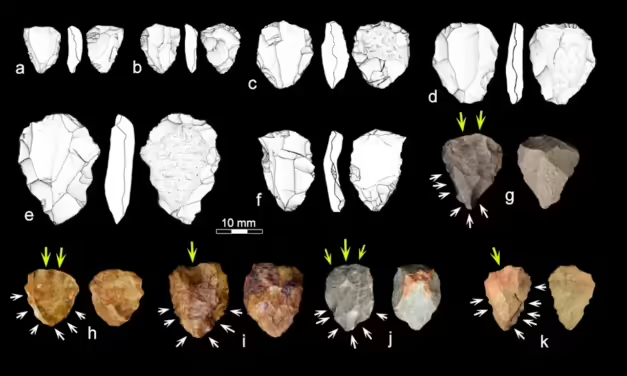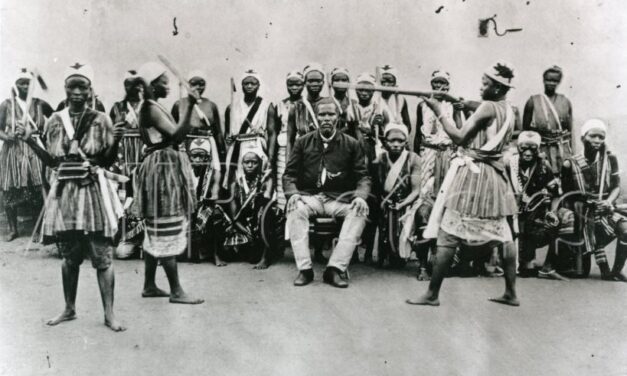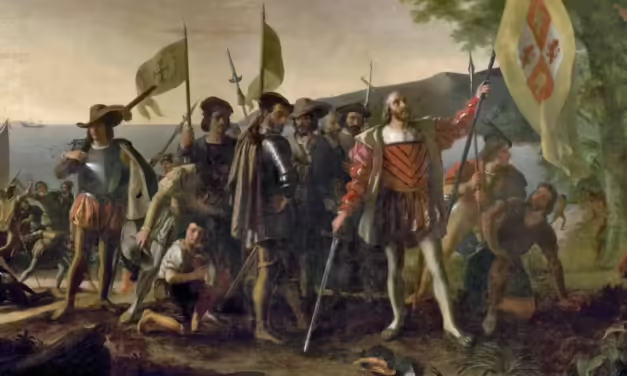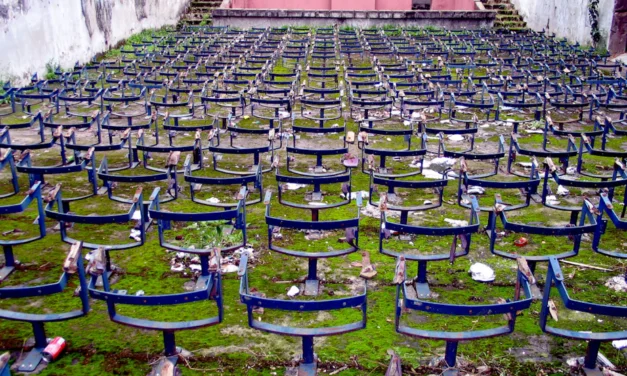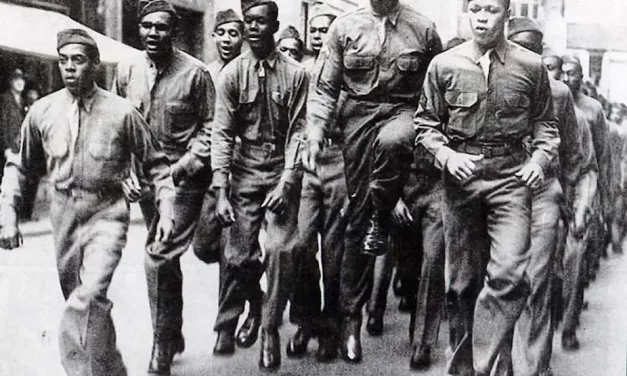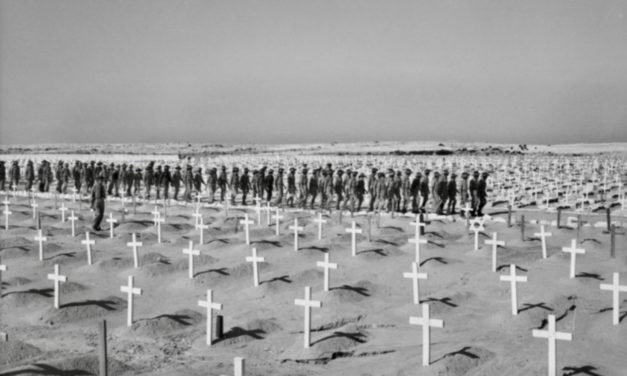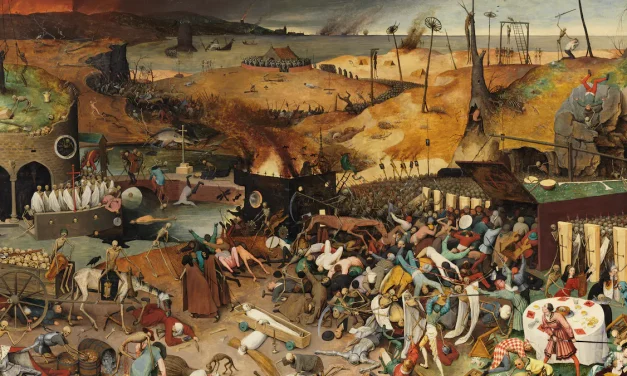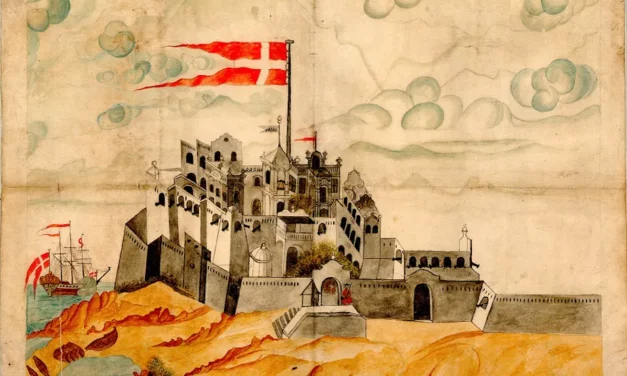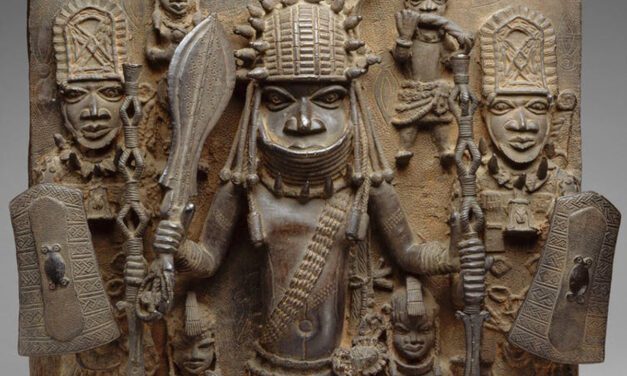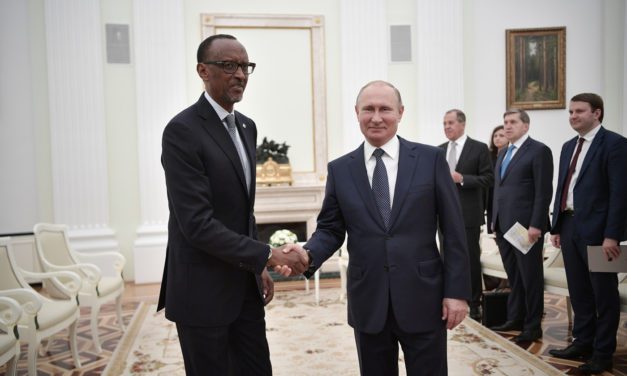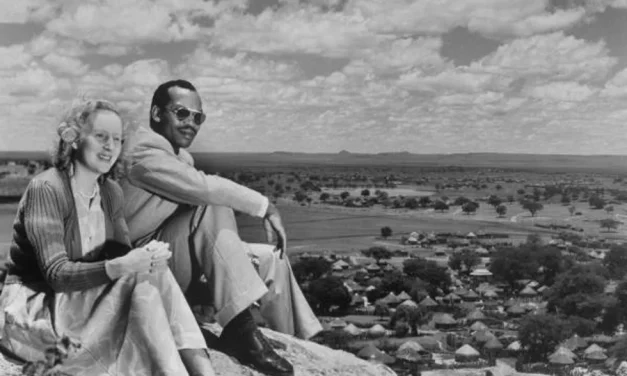What stone tools found in southern tip of Africa tell us about the human story
Reading time: 6 minutes
Stone tools. Our ancestors made them, some people still make them, and many species of extinct humans made them too. For more than three million years, fractured pieces of hard rock provided past people with a means to extract their livelihood from the environment. Because stone is plentiful and cheap to acquire, stone tools were made in large numbers. And because it is so durable, it usually outlasts other traces of human activity. With the passing of time, everything from our thoughts and languages to clothes, food waste and even our own bones are inevitably erased. But stone tools have remained.

